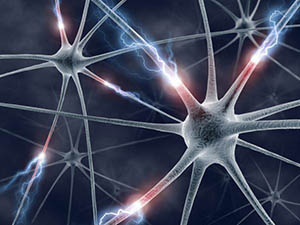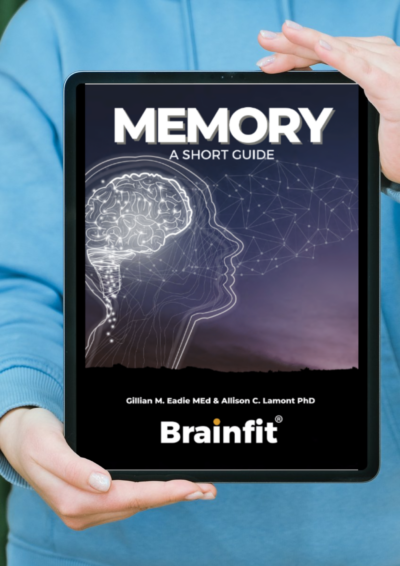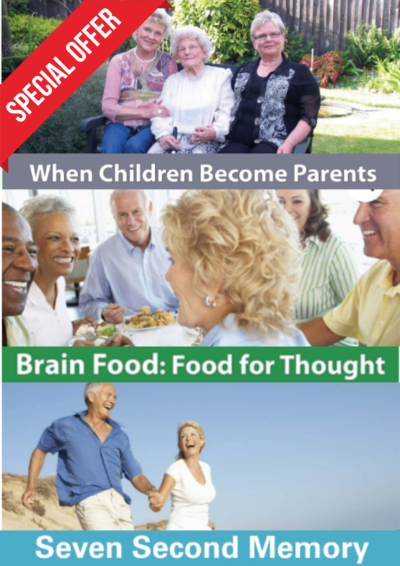What are Memory Traces?
If you find something new you want to remember later, firstly you need to pay close attention to the details. Then. using repetition, actions or taking a ‘mental photograph’ you connect what you need to remember in as many ways as possible to things you already know. These connections form neural pathways to the information you have stored.
Here’s an Example.
You need to remember an appointment next week (using your prospective memory).
Give your brain as many ‘hooks’ or memory traces as you can.
In your mind , embed the details of the appointment with questions and answers like this:
I’m meeting the accountant on Thursday at 9.30 am.
- What is his/her name?
- Where will I park the car?
- Which floor of the building is it on?
- What do I need to take?
- What questions will I ask?
- Where will I go once I have left that appointment at 10.30?
Use as many senses as you can – visualize the clock, building and face of the accountant, ‘hear’ the questions you will ask, ‘feel’ the papers you will need to take, and so on.
Are you already thinking that you haven’t a spare seven seconds to do this??
Well, think of how many minutes you waste trying to remember the time, day, location and name if you haven’t committed them to memory.
It’s a no-brainer!
To find out more about how your brain works and how you can improve your memory, Read 7-Day Brain Boost Plan by Dr Allison Lamont & Gillian Eadie.





Oh boy yes it’s very true we have to keep thinking about appointments after we have said yes to them.
This is such a help for us older people, makes us think more about every day life. Thanks.
This is a fantastic strategy – an ACTIVE one that makes all the difference to how you recall information later. The memory traces give your brain multiple neural pathways to the information you have stored. Well done for implementing it! Gillian
I do enjoy and find useful to read your articles but don’t usually comment. Thank you very much.
Thank you, Jean. I’m so glad you are trying out our tips – every little thing you try will make a difference!
I have also found books by Dr Caroline Leaf very useful.
There is so much to learn about the brain – having a variety of perspectives is excellent.
Good cross-connection of thinking processes
I have found that at the end of the day it is good to go over in my mind all the day’s happenings.
That is an excellent strategy, Douglas. You strengthen the neural pathways with this recall – it is particularly effective for faces and names.
My trigger for an appointment is my diary. If I don’t have all the details there, it prompts me to find them using a website or a past email which I do not erase until the appointment is passed.
It is satisfying to know that you made the appointment and can give it a tick and turn the page.
And even posting the details in your diary is a memory trace in itself. Often you may not need to refer back because you know it is there. Thank you for your tip!
Instead of a pin number in some cases I use a short phrase which I find easier to remember and which is much more difficult for anyone to hack.
that’s a great idea! At times, though, 4 numerals are needed. Or do you add alphabet characters instead?
Your Memory Traces strategy certainly makes sense, especially with upcoming appointments. Can also be adopted to use for any memory activity. The idea of putting keys, glasses, wallet etc is common sense but glasses are put down and picked up constantly, I’ll be doing it from now on.
That is a beneficial habit to get into and it takes only a few seconds of focus to bring about noticeable improvements. Well done!